Q: Do we need goals and a checklist to see how we’re doing with implementing our plan?
A: The rebellious teenager, especially one with an “addictive personality” will be highly resistant to goals/checklists. One of the symptoms of an addiction taking hold is escalating “unmanageability”: your teenager may be failing to hand in homework on time, not making it to sports practice, and his/her emotions may be getting out of control. Some of these things go hand in hand with hormones – but combine hormones with a growing cannabis habit and you can have a rapid deterioration in facing life and showing up for responsibilities.
We, as the responsible adults, can certainly benefit from goals and checklists. If we have been living with chaos and uncertainty and our quality of life has been harmed by the using teen, then our setting of goals and a daily checklist can be enormously helpful to restore a sense of order and give hope we can get our lives back.
NB – It’s important to remember – “One Day At A Time“. This can’t all be fixed in a day or a week. We may be in a fragile state ourselves – parents often meet the criteria for depression or even PTSD (post traumatic stress disorder), because they’ve been living in what can feel like a war zone. You may not be able to persuade your teen to go and see a Doctor or a counsellor but you can seek some help!
Addiction causes unmanageability in families. We experience chaos, disorder, challenges to the ways in which things are run in the family – and conflict with our teenager’s school.
So it’s important to bring back some order to this situation rather than allow the drug-user to be in charge.
You may reach the point where you feel you’re hitting a brick wall in your efforts to get your teen to stop using drugs. You recognise that it’s time to get them to see a professional addictions counsellor. The teenager will very likely be resistant to doing this, because their desire to use is so strong.
First item on the checklist:
Use boundaries to encourage your teen to see a counsellor.
You can say something like the following:
“OK – we’re going to give you a chance to prove to us you can stop using cannabis over the next two weeks. If you buy drugs again, or we discover you have used drugs, the Xbox will be taken away until you have seen a counsellor.”
- Don’t let your boundaries/ timetable slide. This is vital, because your teenager’s drug use can result in permanent brain damage, lowered IQ and any absence from school and therefore falling short of her educational goals – and damage to the still-developing brain is often irreversible.
- Remember – you’re dealing with someone who is skilled at manipulation and hiding things. Your teenager may stop using for these two weeks – but don’t let down your guard after that point. You’ll need, once more, to be very watchful for the symptoms of use.
There will be some kids who are just experimenting. It’s important for parents not to come down too heavily on a teenager in this situation. At the same time, we need to reinforce the message that one thing (and one drug) can lead to another.

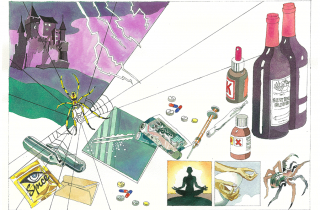
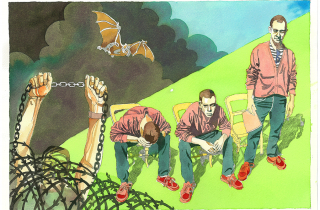
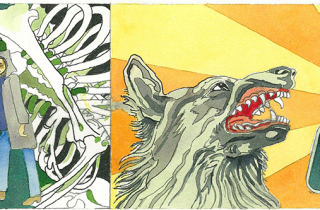
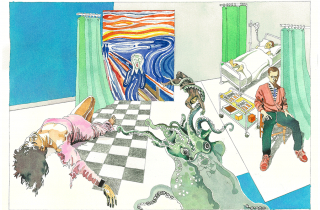
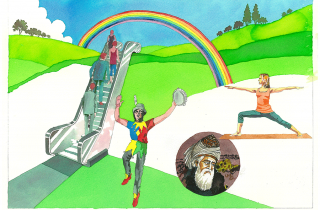
 photo by Jacqui Morley
photo by Jacqui Morley
